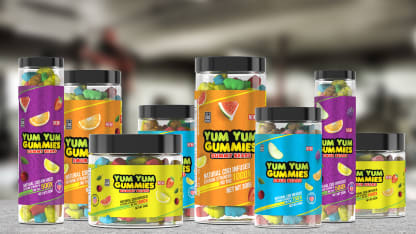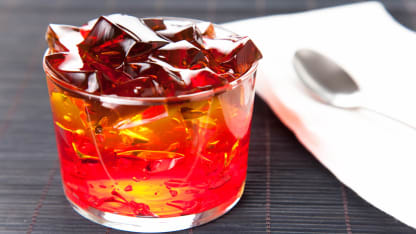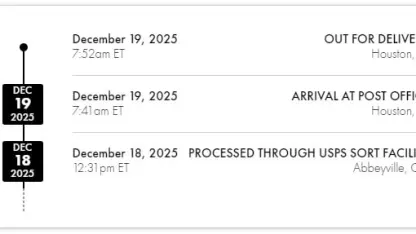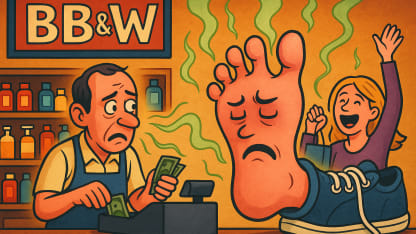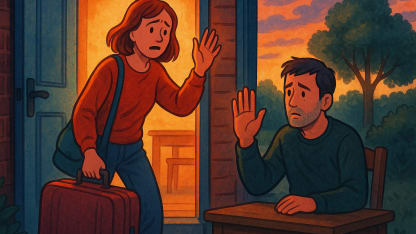CBD Gummy Bears (Regular or Sour)

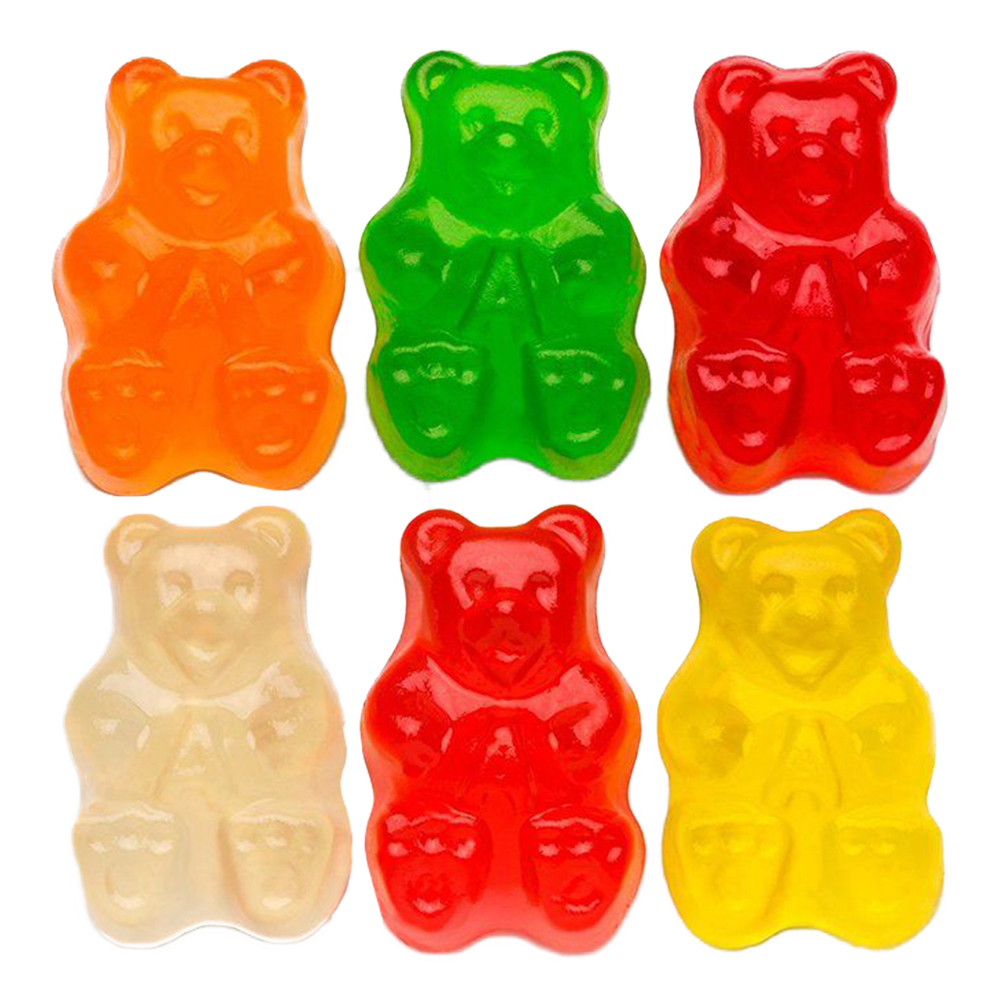
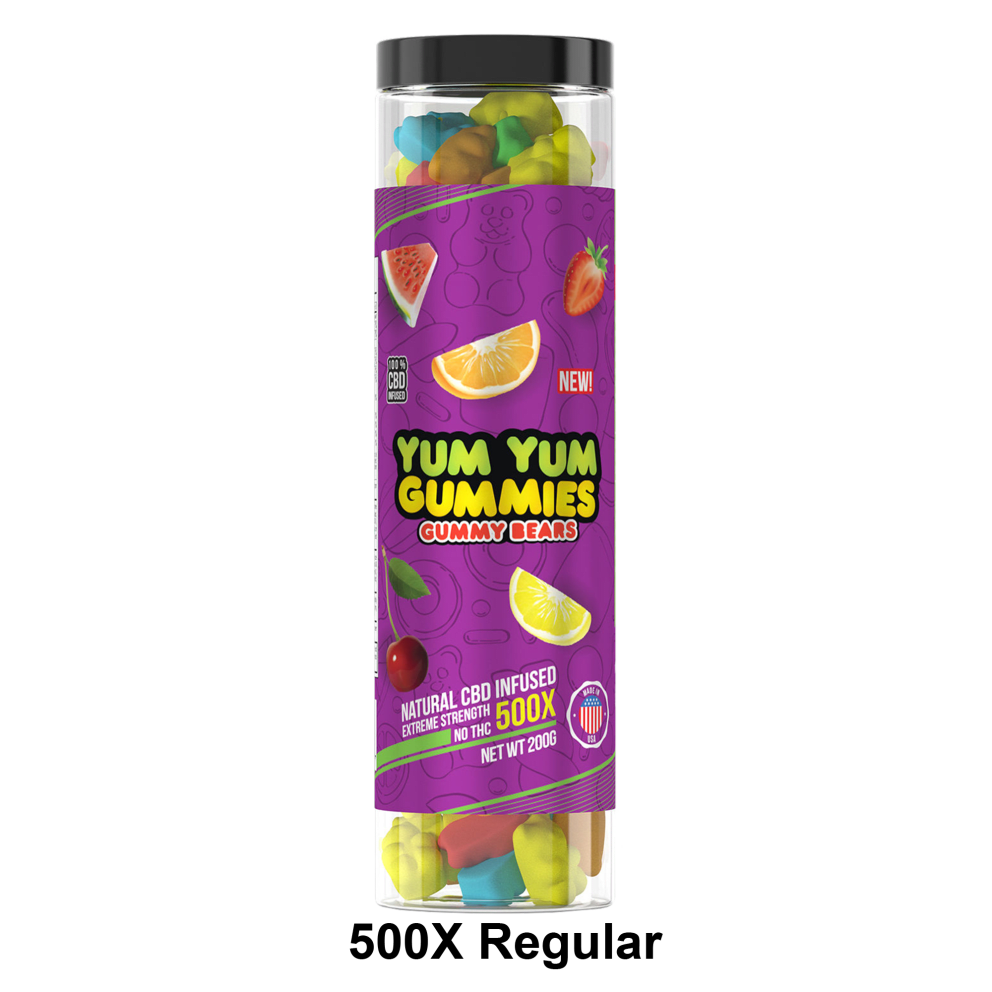
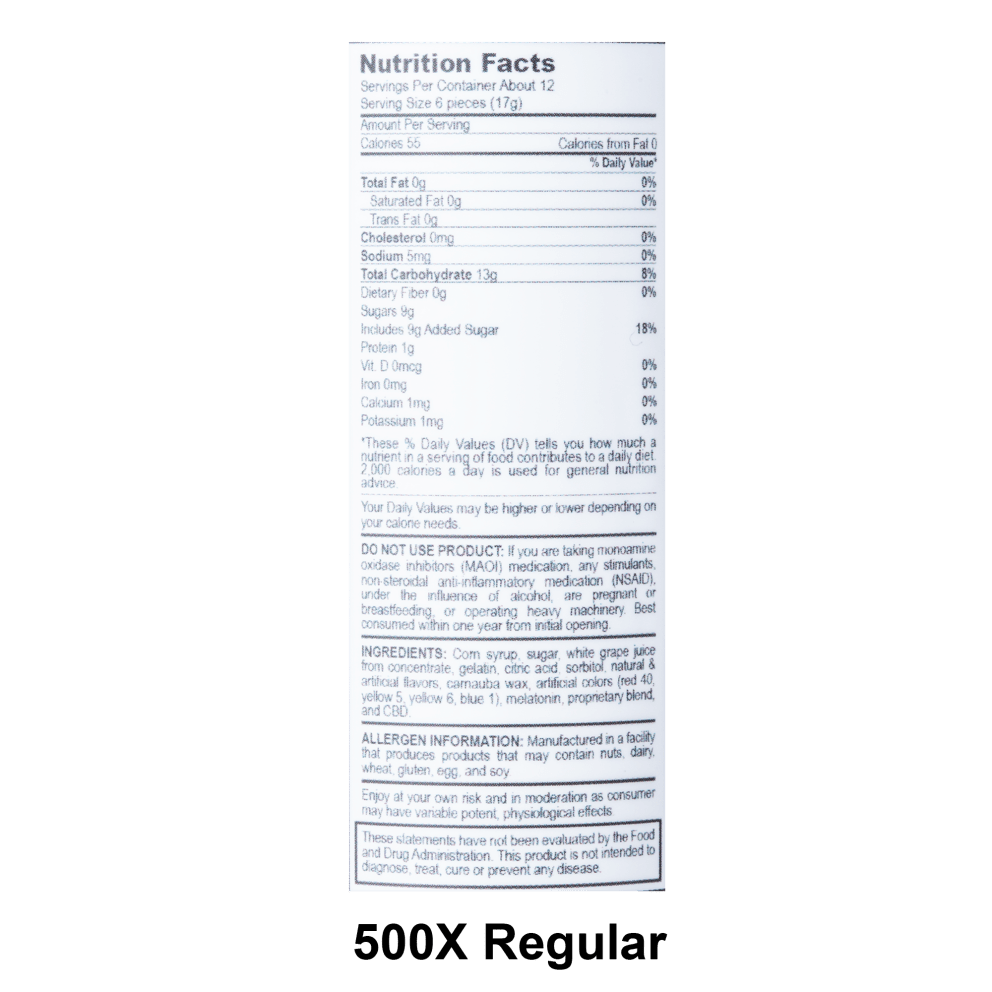
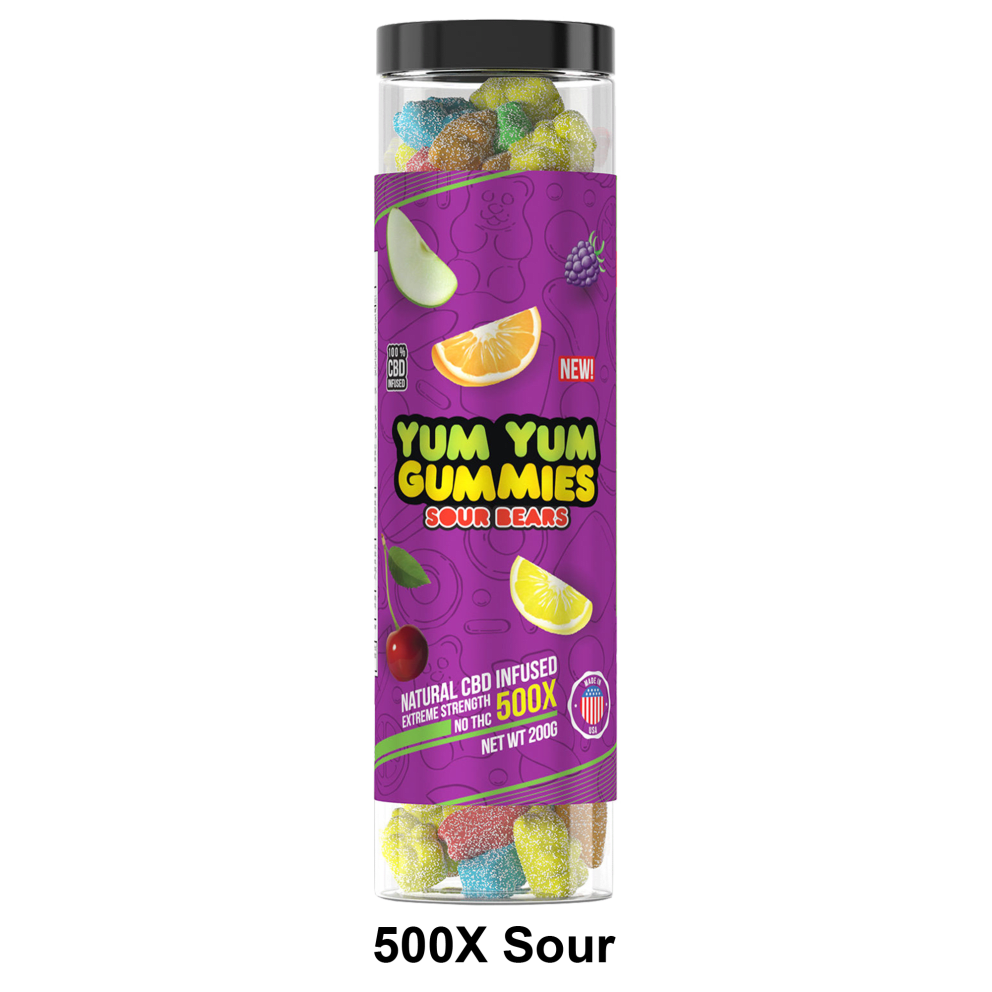
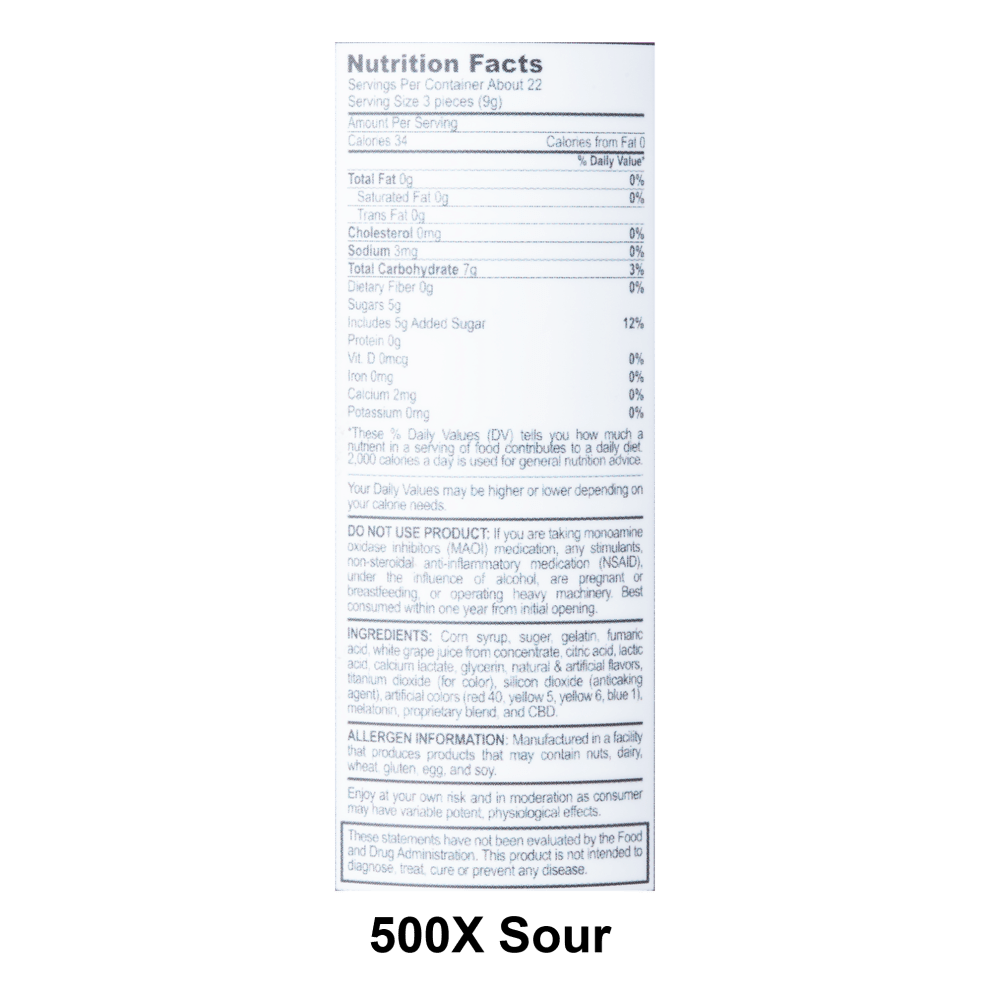
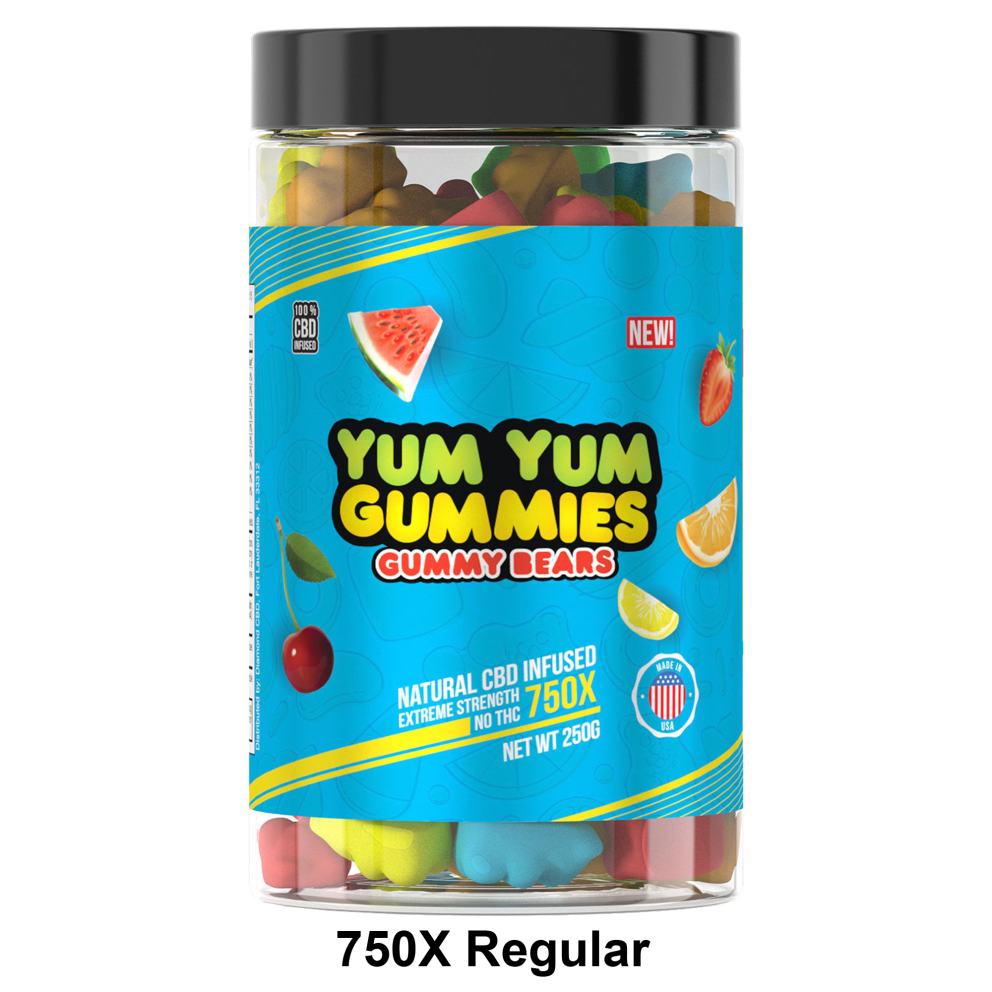
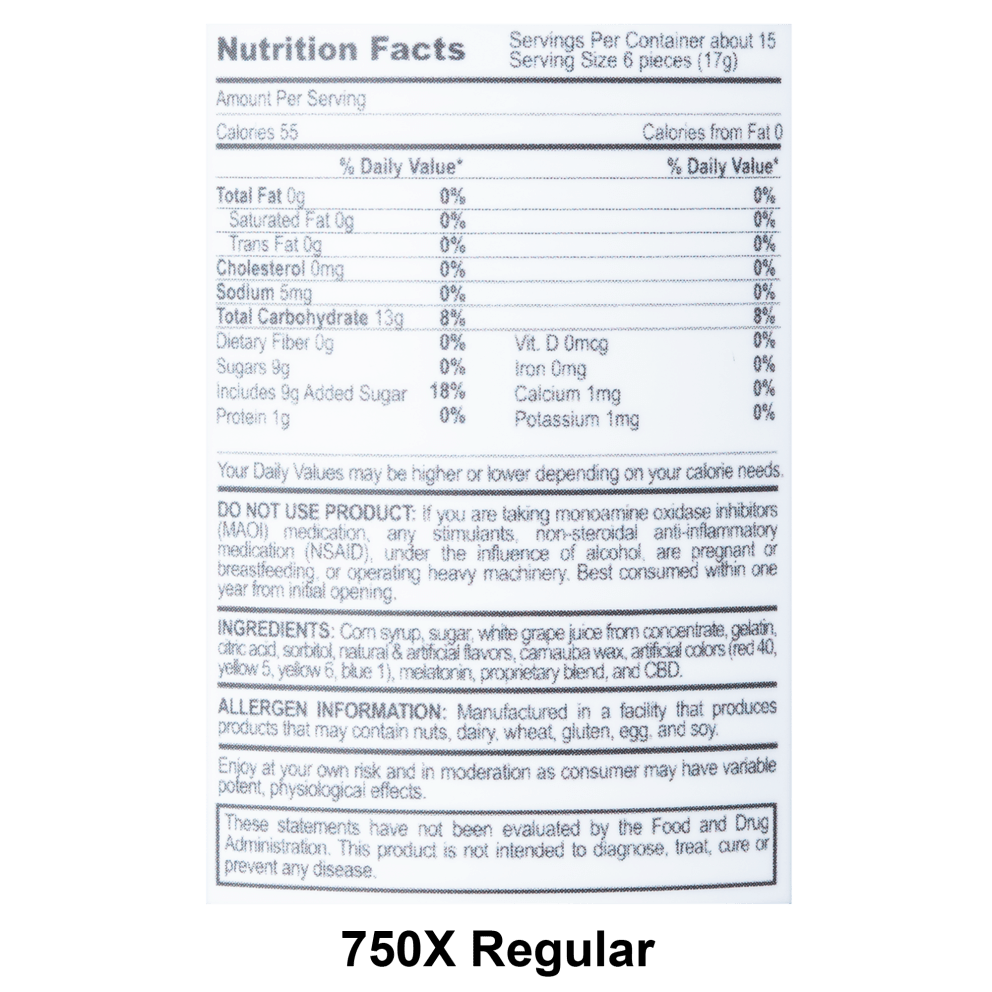
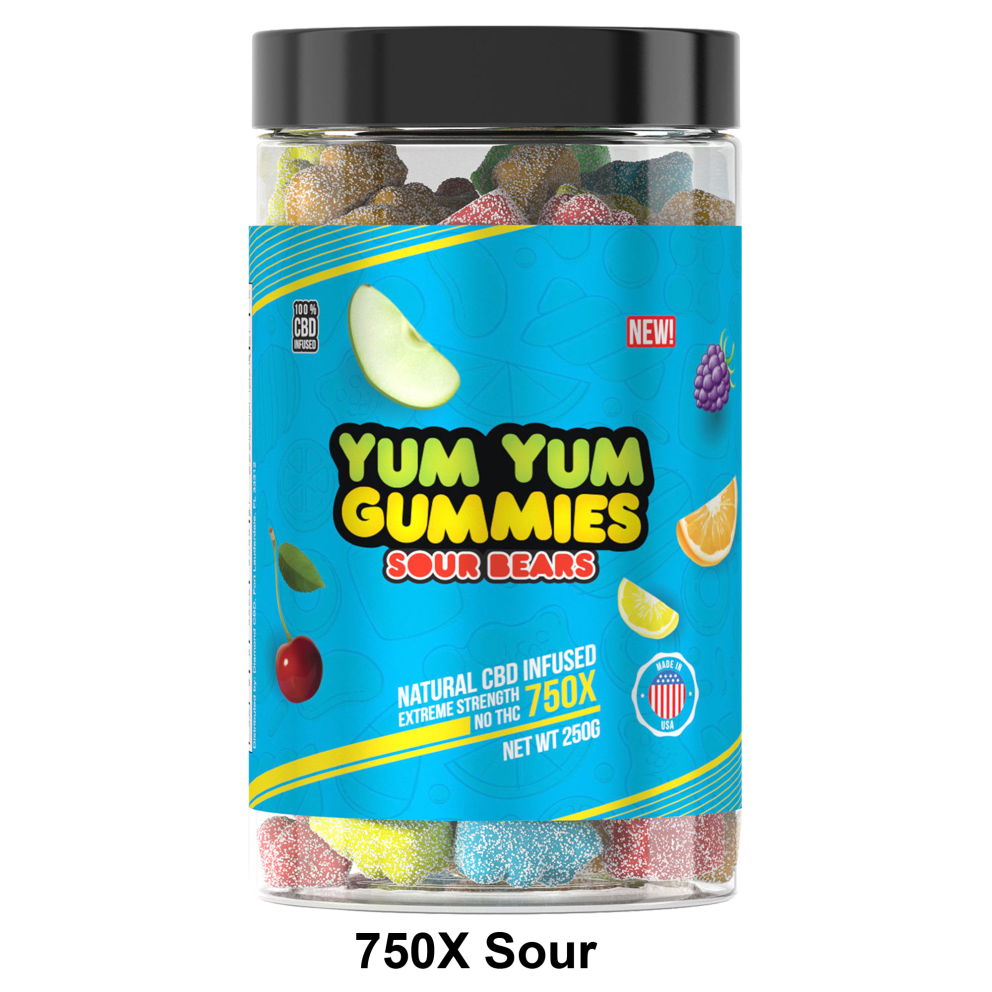
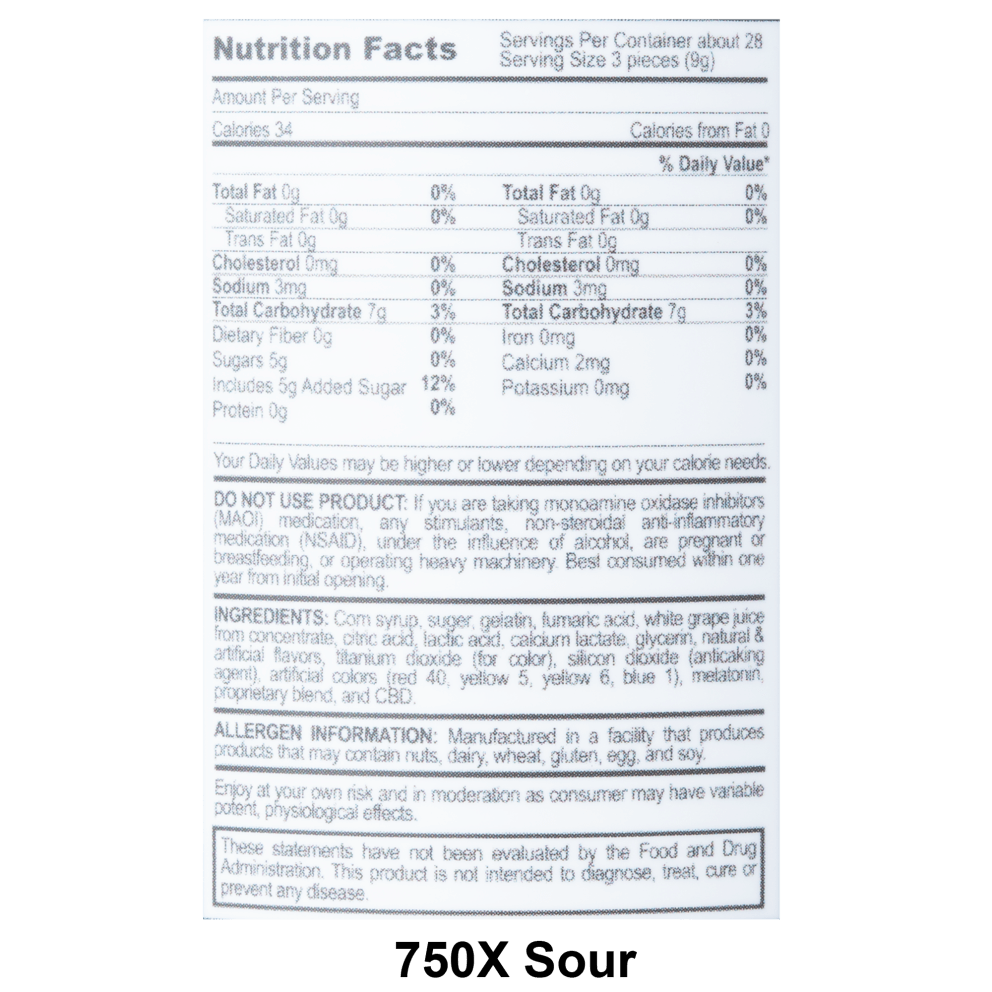
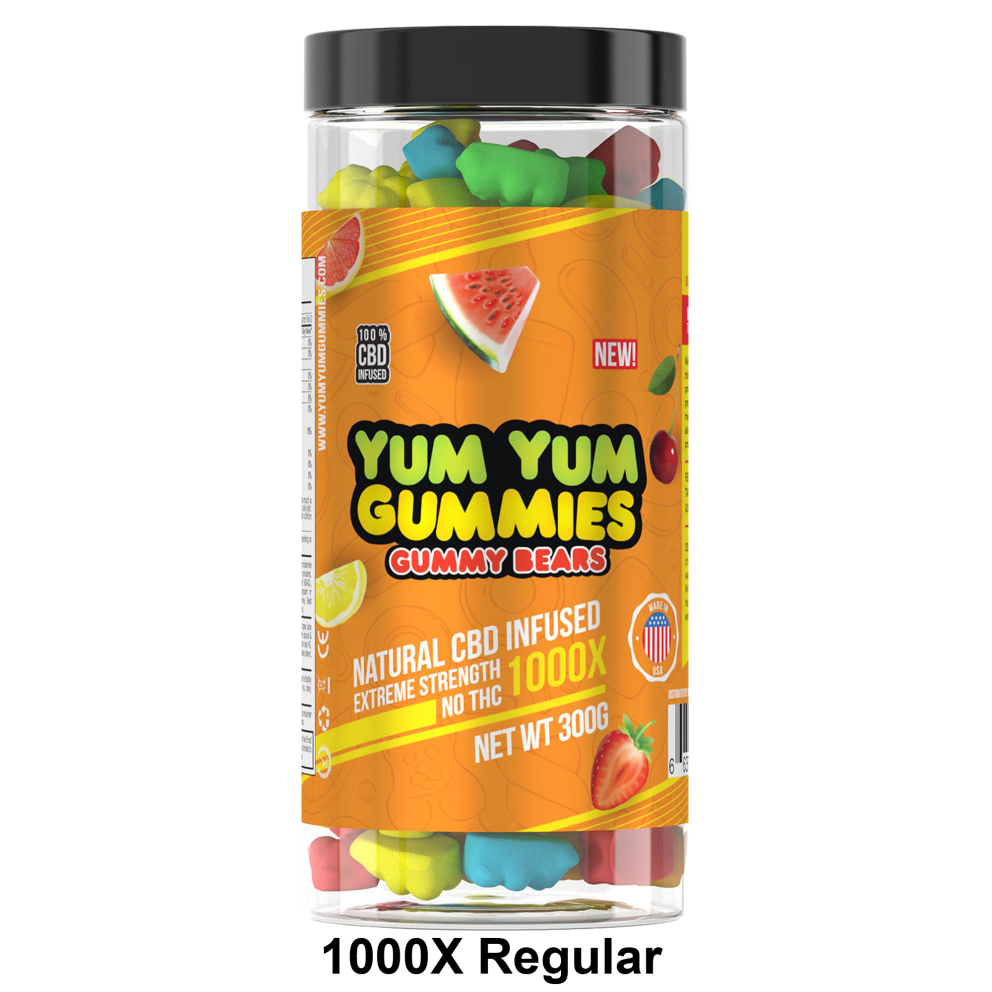
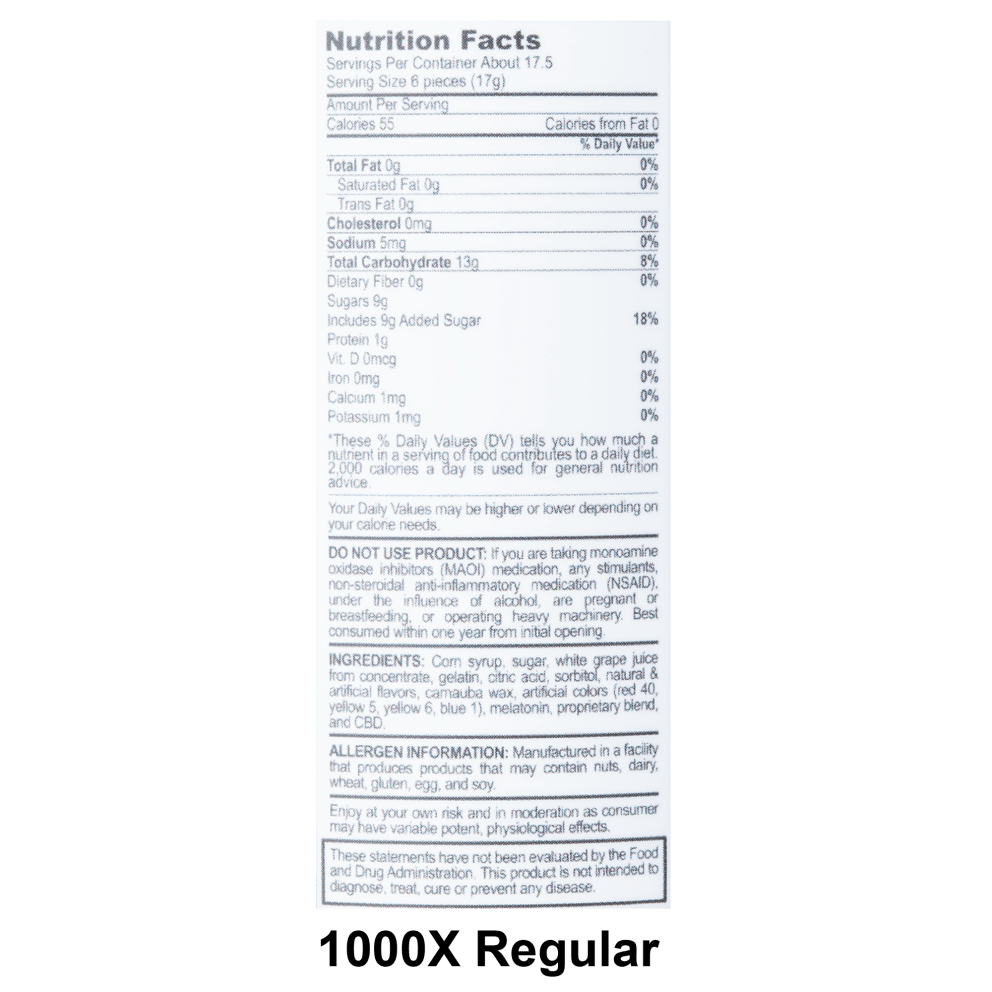
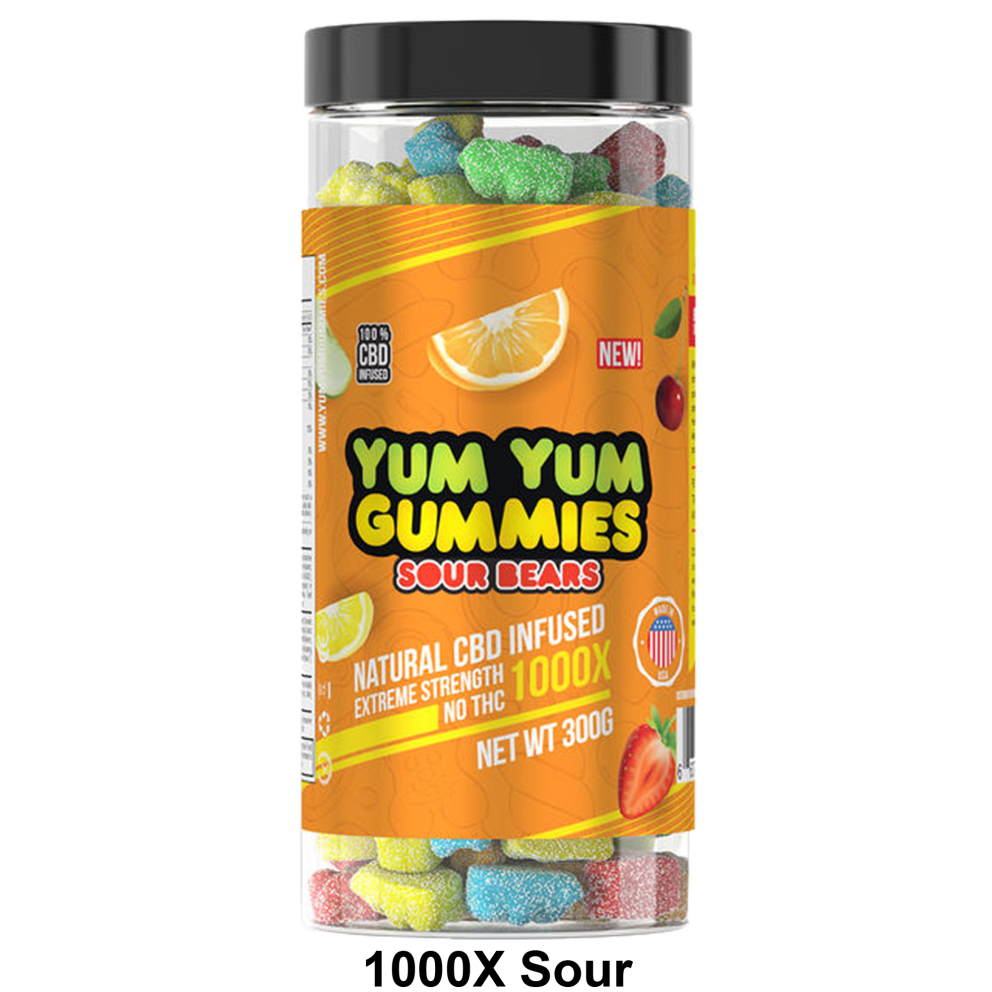
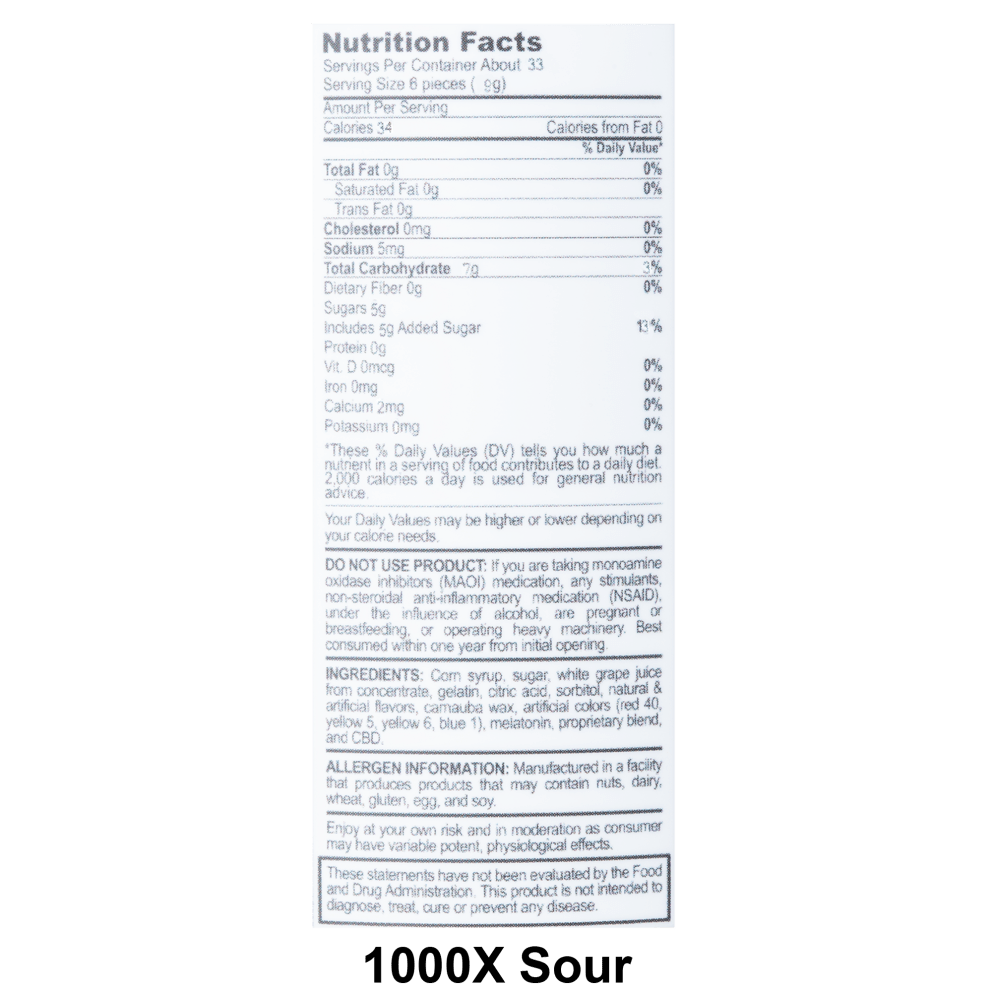

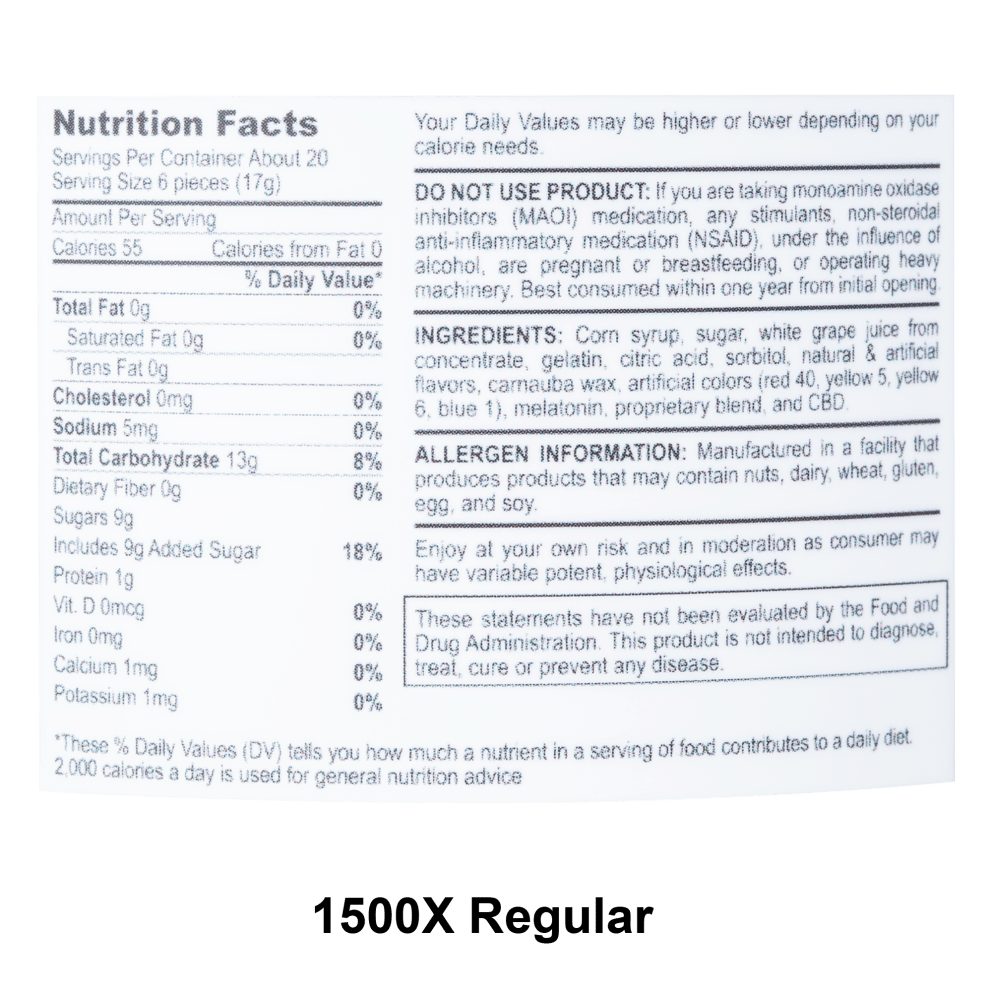
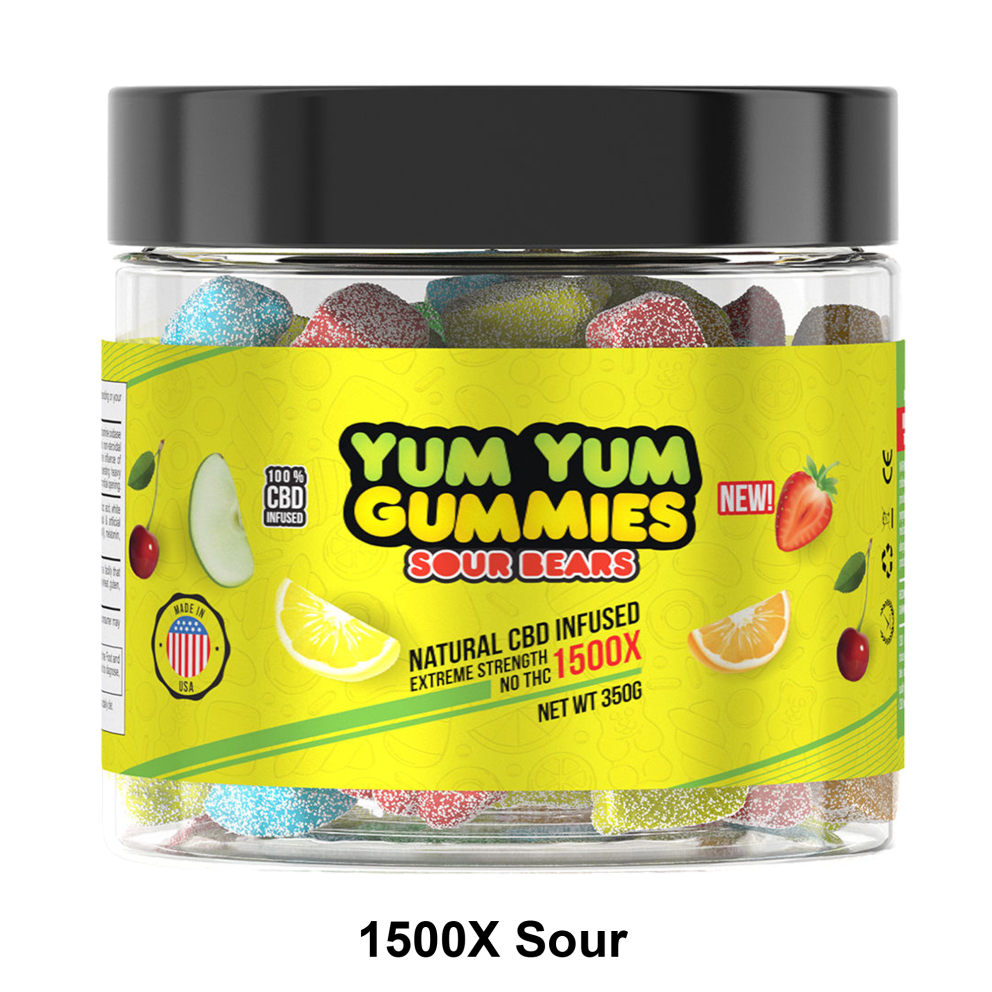
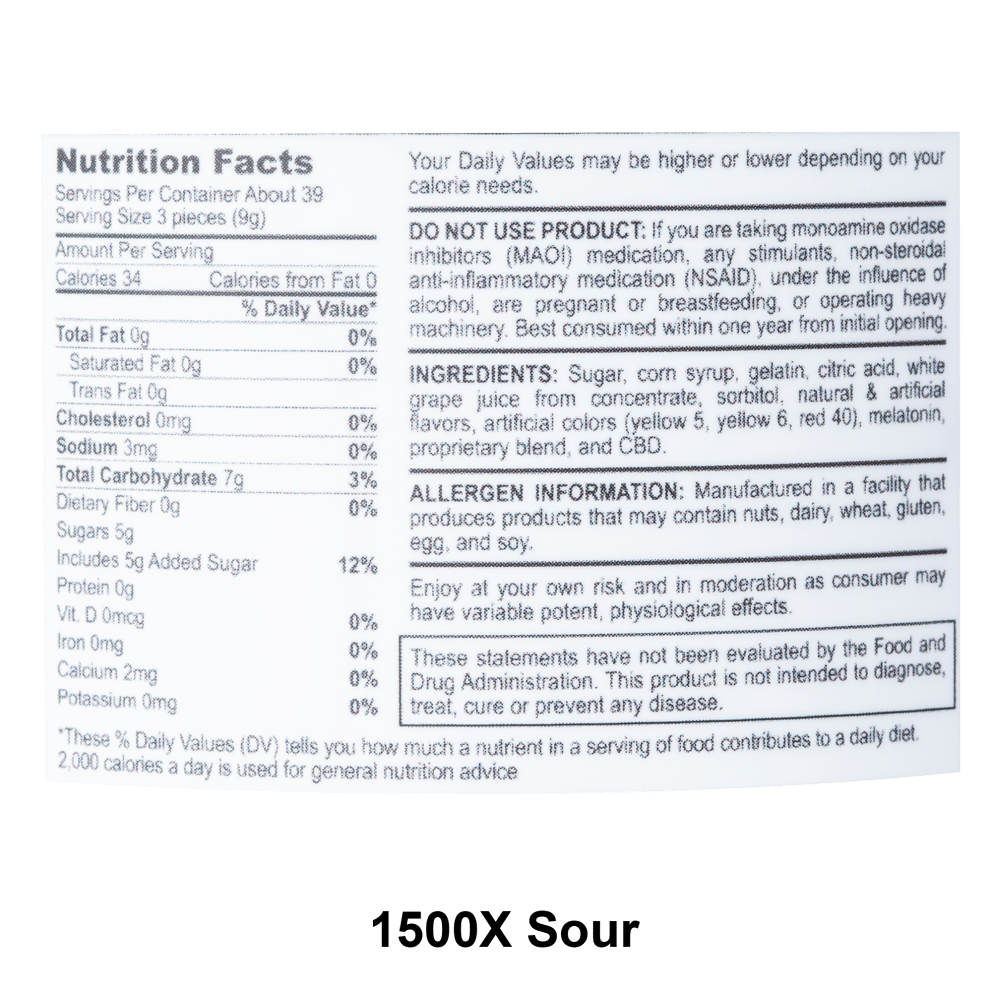
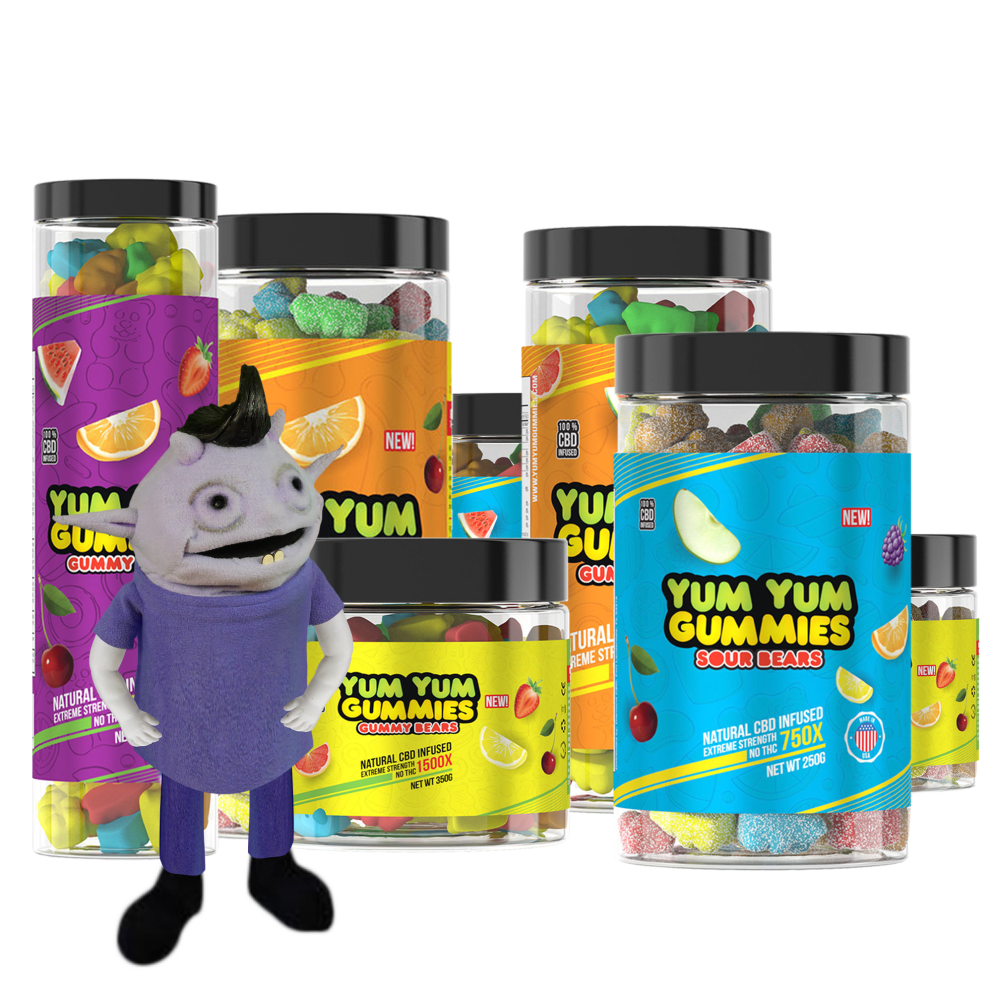
Our Take
- You can’t buy these if you aren’t over 21.
- CBD is “a natural constituent of hemp” that doesn’t get you high.
- It “has been shown to have positive health benefits.”
- Maybe it can help?
- These gummies come in regular or sour, and the number with the X indicates how many total milligrams of CBD are in the jar
- In terms of quantity: for the 500mg or 750mg jars, you get about 70 gummies. For the 1000mg or 1500mg jars, you get about 100.
- Model: D-SB-500X, D-SB-750X, D-SB-1000X, D-SB-1500X, D-GB-500X, D-GB-750X, D-GB-1000X, D-GB-1500X… which, like, might sound weird, man, but if you think about it, we’re all just a bunch of letters and numbers deep down, you know, man?
Your Take
Cannabusiness as Usual
Ah yes, another gummy purporting to have some vague healing properties. Sounds like the perfect starting point for a rousing round of…
THE SKEPTIC’S CHOICE
Here’s how it works: we give you the claim the product makes, explain why we’re more than a little dubious, and then in the end, we come to some conclusion (if ¯\_(ツ)_/¯ can be considered a conclusion). Let’s get started!
The Claim
CBD is “a natural constituent of hemp” that “has been shown to have positive health benefits.” But since it contains no THC, it won’t get you high. Thus, it supposedly can help treat stuff like pain and anxiety with less risk of endless philosophizing or nachos.
The Skepticism
Here are pretty much all of the things we can definitively say about CBD:
- It is short for cannabidiol.
Did we get all that? Does anyone need anything repeated? In the back? Can you all hear me?
Okay, that’s a simplification. There’s more. For example, we also know that, like Hansel, this CBD shit is just so hot right now. According to a New York Times article by Alex Williams, Willie Nelson is launching a line of CBD-infused coffee beans (two of his favorite things in one cup, he says), Mandy Moore is toying with it to see if it helps relieve the pain of walking in heels, and Glamour magazine ran a story with the headline “I Replaced My Entire Beauty Routine With Only CBD Products.” I am linking it here as proof. I refuse to actually read it, which I consider an act of self-care.
But what does it actually… do? Gabe Kennedy a twentysomething CBD start-up founder offers this:
Comparing it to the feeling after an intense meditation or yoga session, Mr. Kennedy added that the CBD glow has “synergistic downstream effects” in terms of social connections. “Around others, I find myself more present and attentive, more creative and open.”
To put my reaction in terms that Mr. Kennedy’s ilk would understand, I’d say the ROI on reading that paragraph was that I experienced an exciting disruption in the mouth sector, which, had I not cupped my hand over my lips, might just have gone viral all over my keyboard.
But while it’s fun to mock the eye-roll parade that the article provides, it also validates the claim made by Christie Aschwanden over at FiveThirtyEight: “the marketing has gotten way ahead of the science.”
Aschwanden is definitely more focused on the what than the why. Her article’s thesis is pretty well summed up by its headline: “Does CBD Really Do Anything?” There are definitely some serious WTF moments in here too. For example, when CBD-pedaling doctor Joe Cohen makes the claim that it has anti-cancer properties and might even help with Alzheimers, Aschwanden raises concern that these effects weren’t discussed in two of the most significant cannabis-focused reports out there. The good doctor’s reply: “I think you just have to Google search it.”
Moreover, though, she raises some important points, most notably that we don’t have mixed messages when it comes to CBD; we have almost no messages at all, because very few tests have looked at it on its own:
Animal models and a few human studies suggest that CBD can help with anxiety, but those are the only conditions with much research on CBD in isolation.
Otherwise, most studies focus on cannabinoids more generally, where they have actually found “‘conclusive or substantial evidence’ supporting the use of cannabis or cannabinoids for chronic pain in adults, multiple sclerosis-related spasticity (a kind of stiffness and muscle spasms), and chemotherapy-induced nausea and vomiting.”
Though, this assumes you’re getting a real dose, which also seems to be up in the air:
There are no guarantees that the label accurately reflects what’s in the product. For a 2015 study published in JAMA, researchers tested 75 products [cannabis] purchased in San Francisco, Los Angeles and Seattle and found that only 17 percent were accurately labeled. More than half of the products contained significantly lower levels of cannabinoids than the label promised, and some of them contained only negligible amounts of the compounds.
The Conclusion
When we promise something here, we hold ourselves to it, so here comes: after reading about CBD, we can say, conclusively, ¯\_(ツ)_/¯ . But actually, it seems not to be super risky and to have some potentially great outcomes. So if you’re feeling anxious or a little achy, give it a try. Like most of this stuff, if you don’t think of it as a cure-all, you should be fine.

